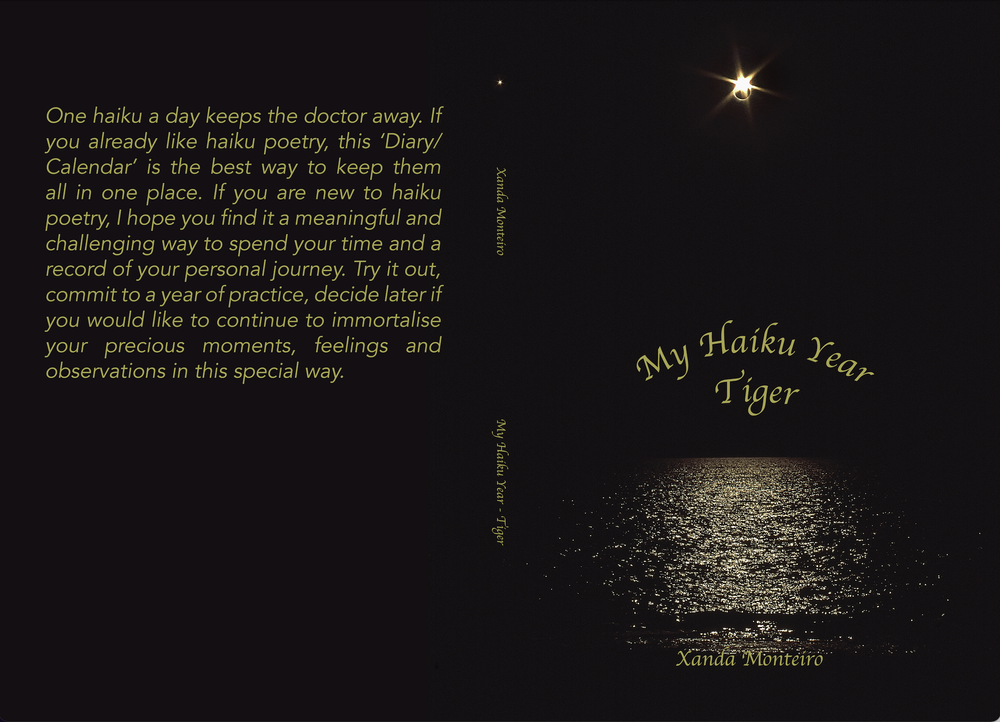Haikus are magical. You can be transported to a place of calm and serenity in seconds. They can change how you feel. They can also change the way you view the world. You should have at least a few haiku books in your library. They are powerful.

Top 5 Haiku books
1- The Haiku of Basho: Love and Barley
Basho, a great Japanese poet and master of haiku, was also a Buddhist monk. He was also a lifelong traveller. His poetry combines ‘Harumi, or lightness, with the Zen ideals of oneness and creation. Each poem is a tribute to nature, evoking the spring moon, winter snow, and leaping frog. It reflects the relative smallness of human life compared to the drama and vastness of the natural world.
Basho enjoyed solitude and a life without possessions. His haiku resulted from an open mind and a calm, clear-eyed mind that was uncluttered by materialism and opened up to the beauty around him. This is one of the essential haiku books available.
2- The Penguin Book of Haiku
Haiku is a Japanese form of poetry that was popular from the 16th to the 19th centuries. They are concise, with only three lines per line and 17 syllables. They use natural imagery to create Zen-like observations of reality. This anthology shows that haiku is more than cherry blossoms or waning moons. The verses included in this collection are often erotic and funny and rude, and even mischievous. Adam Kern travelled throughout Japan searching for the finest and most essential haiku examples. His vivid and engaging translations are the foundation of the Penguin Book of Haiku. This book is necessary for anyone who loves haiku books.
Penguin has been publishing classic literature for more than 60 years. Penguin Classics is a worldwide collection of more than 1,500 titles that spans all genres and disciplines. Readers trust the series for its authoritative texts, enhanced by introductions and notes from distinguished scholars and current authors. It also offers up-to-date translations of award-winning translators.
3- The Haiku Handbook 25th Anniversary Edition
This is one of the best haiku books you can keep forever. The Haiku Handbook is the only book that gives everything a reader needs to start writing haiku, teaching it, and appreciating it. The authors have created a classic volume that presents haiku poets in English, Spanish, French, German, French, German and five additional languages. They are on an equal footing with Japanese poets. The four Japanese haiku masters (Basho-Buson, Issa- and Shiki) are represented. However, major Western poets, such as Jack Kerouac, Gary Snyder and Richard Wright, are not only included. This makes it one of the best haiku books available.
This anniversary edition features a new introduction by Jane Reichhold, poet, translator, and author (Basho, The Complete Haiku), which provides a brief history of Japanese haiku. It also includes a detailed account of how this popular form of poetry has changed over the past century to adapt to urban environments. The book consists of chapters on paper, haiku craft, and seasons in haiku. It also provides background information on the Japanese poetic tradition and the impact of translation on understanding haiku.
The chapters on teaching and sharing haiku include lesson plans for elementary and secondary schools, a seasonal word index with poetic words, a glossary, and a list of enduring classic resources that can be used for further exploration. The Haiku Handbook, by any standard, is the definitive volume of this genre and one of the essential haiku books.
4- Haiku: Japanese Poetry and Art
These elegant, poetic haiku books were created by Matsuo Bash and Taniguchi Buson, among the past four centuries’ most respected Japanese haiku authors. The simple but effective poems are written in English and have Japanese calligraphy and transliterations. They are paired with beautiful paintings from the Art Gallery of Greater Victoria and 20th-century Shinyanga woodcuts. Haiku: Japanese Art & Poetry features 35 pairs of poetry and images. They are organized according to season. The Introduction explains the history and evolution of haiku and details the lives and struggles of some of the most famous poets. This beautiful example of haiku books is stunning.
5- The Classic Tradition of Haiku: A Collection
Haiku is a highly simplified form of Japanese poetry. It consists of 17 syllables and is usually divided into three lines. This collection contains over 400 years of haiku history (1488-1902), compiled by some of the most respected masters in the field: Shiki, Issa and Basho. Leading scholars in the area have translated it. Faubion Bowers, the editor, provides a Foreword and many notes to the poems. This book is recommended if you’re going to read your first haiku book.








